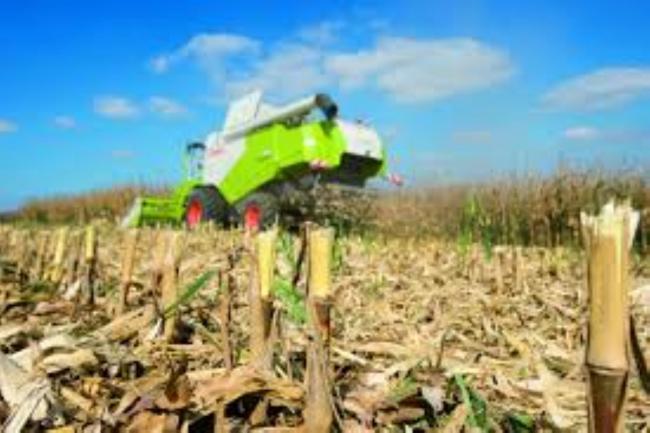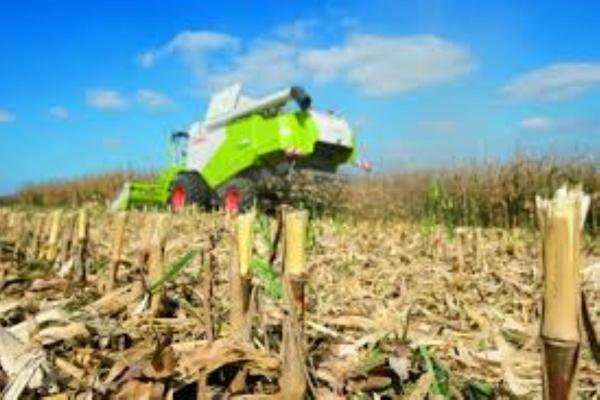Diversified collection and valorisation system for corn residues

The MAIS100% Project aims to enhance, through the introduction of specific harvesting systems, the valorisation of corn residues (stalks, cobs, bracts) from grain, dry or wet (mash), transforming them into materials that can be used in production chains typical of the cereal-zootechnical areas of Lombardy and, more generally, of the Po Valley.
"1.evaluate the applicability of harvesting systems for recovery of corn residues, using solutions both already present on the Italian market and innovative, quantifying their performance (technical, economic and environmental aspects) and identifying the most sustainable and coherent solution
2.measure the chemical-physical characteristics of the recovered co-products, in relation to their final destination (zootechnical supply chain and / or energy supply chain), optimizing the operating methods of the machines
3. Maximize the recovery of all corn residues
4. calculate and compare the production costs of the operations for collecting and transporting corn residues (stalks, cobs, bracts) to allow their use in both the livestock and energy supply chains."
Currently the residues of corn (around 9-10 t / ha of SS), despite having extremely interesting characteristics for their possible use in both the livestock (food for cattle, bedding) and energy sectors (production of biofuels, such as biomethane) , are normally left in the field, shredded and buried with subsequent processing. The interest in their possible use is evident in the lowland farms and livestock which - often equipped with anaerobic digestion system (now biogas, in biomethane perspective) identify the possibility of having, at extremely low costs, a valuable multipurpose product capable of containing production costs and improving process sustainability
Analysis of the mechanization chain (harvesting, shredding, transport) for corn residues (stalks, cobs, bracts) utilization, by identifying and verifying the optimal use of the machines in relation to the type of soil, the previous crops, the adjustments operating conditions (cutting height, forward speed, rotation speed of the cutting tools, etc.). In this way it will be possible to minimize the losses of uncollected residues and reduce their contamination from the soil. Furthermore, information will be collected on farm-scale taking into consideration the real technical, economic and environmental performance of the various mechanical solutions, determining -for each of them- the collecting unit cost of corn residues (€/ton dry matter).
"To test the quantitative and qualitative results of innovative mechanization chains for the utilization of maize residues (already partially studied in Europe and the USA), adapting them to the Italian specific conditions. The accurate monitoring and quantification of the performances offered by the various solutions in different farming conditions will bring strong benefits to the entire Lombardy and Po Valley grain-livestock production sector which - in the short term - will be able to take advantage of valuable technical-operational information directly resulting from farm scale tests.
Having demonstrated the feasibility and suitability (on technical, economic and environmental levels) of some mechanical solutions, their widespread application will allow for deep innovation in the entire sector, radically changing the panorama of the use of ""new raw materials"", immediately available in farms and usable to improve -in a sustainable way- the final part of the production chains both in livestock (meat, milk) and energy (biogas, biomethane) sector.
"
| Titolo/Descrizione | Url | Tipologia |
|---|---|---|
|
Sito web del progetto
|
Sito web
|
|
|
Scheda tecnica I cantieri di raccolta dei residui del mais
|
Materiali utili
|
|
|
Scheda tecnica - La qualità dei residui del mais
|
Materiali utili
|
|
|
Scheda tecnica - Il mais in Italia
|
Materiali utili
|
